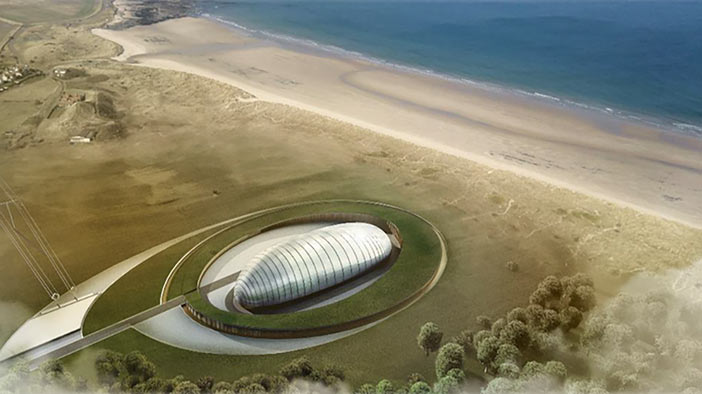Objectives
The World Institute for Nuclear Security (WINS) held an International Workshop on the Security of Small Modular Reactors that took place at Arcotel Kaiserwasser in Vienna, Austria.
The purpose of this workshop was to review and discuss all security matters related to the design, commissioning and operation of Small Modular Reactors including:
1. SMRs technologies and their impact on security
- What will be the main security risks associated with SMRs? How do they differ from the ones for current NPPs?
- What are the different SMR technologies (LWR, FNR, MSR, etc)? How do they differentiate in term of security?
- Is security a business enabler for SMRs? What are the possible options to reduce the security risks while keeping the costs down?
- What is the expected cost of security? Are we anticipating a significant reduction in term of security costs? Will new technologies, in particular those remotely operated, be a game changer?
- What kind of legal considerations need to be considered for ownership of SMRs and do they impact security governance and oversight?
2. Security by design / Nuclear safety and security integration
- How can you implement security by design during siting, design, constructions, operation and decommissioning of SMRs?
- How can you implement defence-in-depth for SMRs?
- Is security a relevant and decision-making criterion for selecting underground, above ground, underwater or portable units?
- What is the basis for security design? Do all vendors have minimum security standards? What is the role of Design Basis Threats in the design process?
- What are the security benefits of nuclear safety design basis events for SMRs (e.g. demonstrating Aircraft Impact Rule (AIR): Reactor core remains cooled and the containment remains intact; spent fuel pool cooling or spent fuel pool integrity is maintained)?Are we expecting any security challenge from the operations and safety choices?
- What are the specific risks related to IT and IC systems? How will cybersecurity issues be dealt with? What are cybersecurity challenges from an insider threat perspective?
3. Impact of SMRs on the security of the fuel cycle facilities
- What are the expected changes in the fuel cycle processes and practices? Do they have any security implications?
- What transport needs are foreseen? If SMRs are being transported turnkey, how will security be implemented during transport? Could international transport be an issue?
4. Impact of SMRs on the regulatory framework
- What is the expected impact of SMRs on licensing and inspection practices?
- From a regulatory perspective, how does the security of SMR affect the Generic Design Assessment (GDA) process? Is security at the same level of importance as safety and environmental implications of new SMR designs?
- Would additional regulations be necessary for countries already operating NPPs? What would be needed for newcomer countries? Would there be new border regulations and agreements between different nations when transporting SMRs?
- How would SMRs affect the size of Emergency Planning Zones (EPZ)? Would there be a new assessment of Loss of Large Areas (LOLA) and Integrated Response Planning (IRP)?
- What security performance testing measures would be necessary and how would they be conducted at the site?
Audience
This workshop aimed at bringing together experts and leading thinkers in SMRs and security matters. Attendees were expected to meet their own costs for travel and accommodation. Workshop cost were met by WINS. No registration fee was required. This 2-day event targeted a group of 25 delegates and was organised in March 2019 in Vienna, Austria. We welcomed applications from the following:
- SMR vendors
- Nuclear engineers and system designers
- Leading researchers and practitioners in SMRs
- Experts in data analytics and associated technological fields
- Business managers who approve security expenditure
- Security managers
- Regulators and other governmental organisations
- Transport security experts
- Security experts, consultants and vendors
Process
The workshop was held in English. In line with WINS’ innovative approach to Best Practice workshops, this event was interactive and professionally facilitated. Several invited expert speakers gave presentations, and participants explored the topics and shared their experiences and lessons learned in breakout sessions. An instant electronic voting system was used to allow participants to provide their views anonymously on specific questions using electronic keypads. Discussions were subject to Chatham House rules (what was said can be reported, but not attributed).
